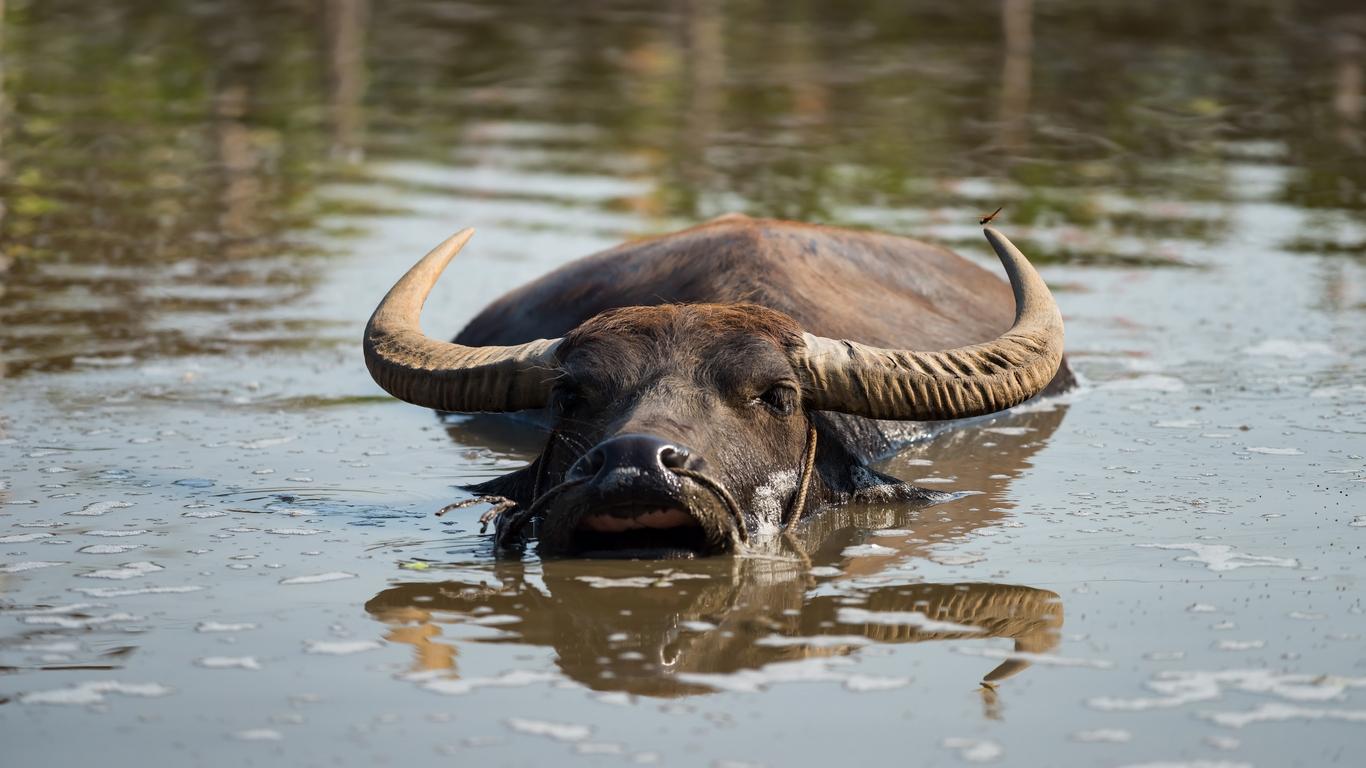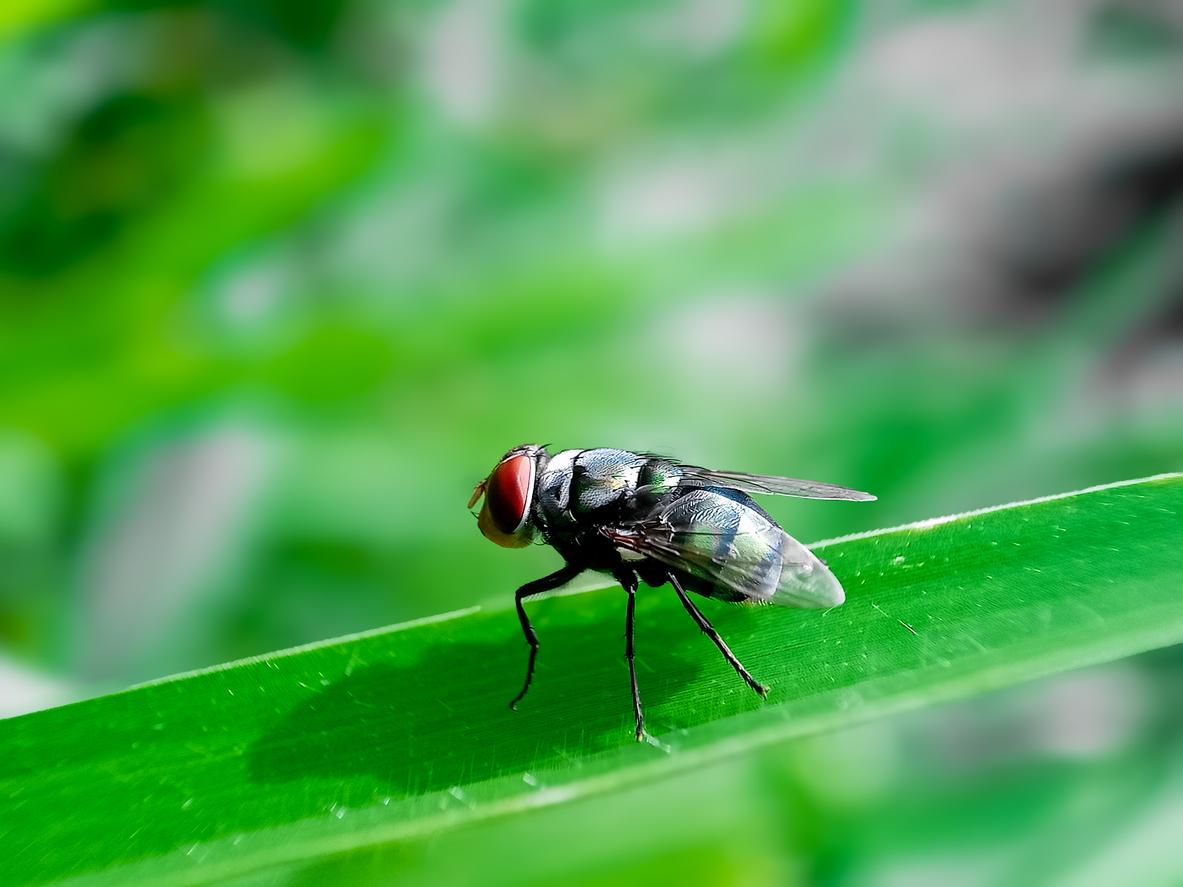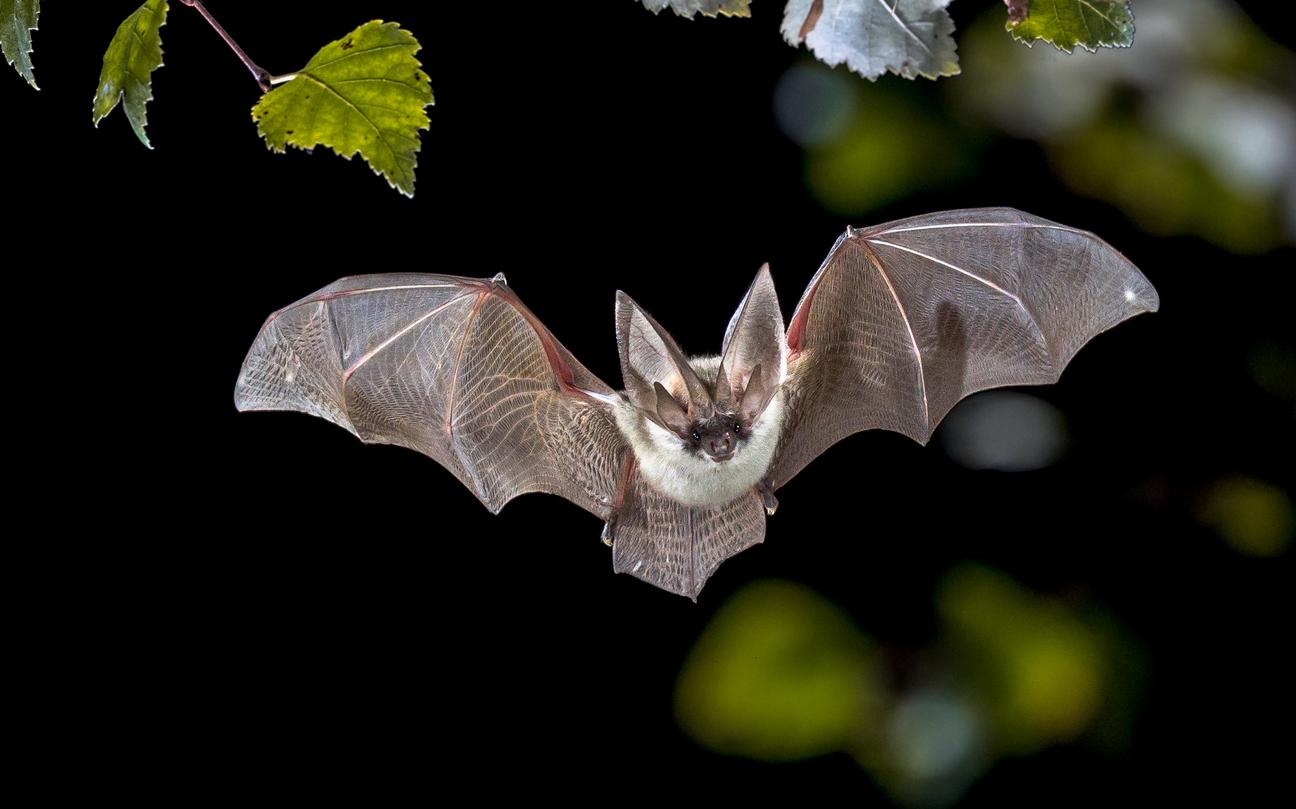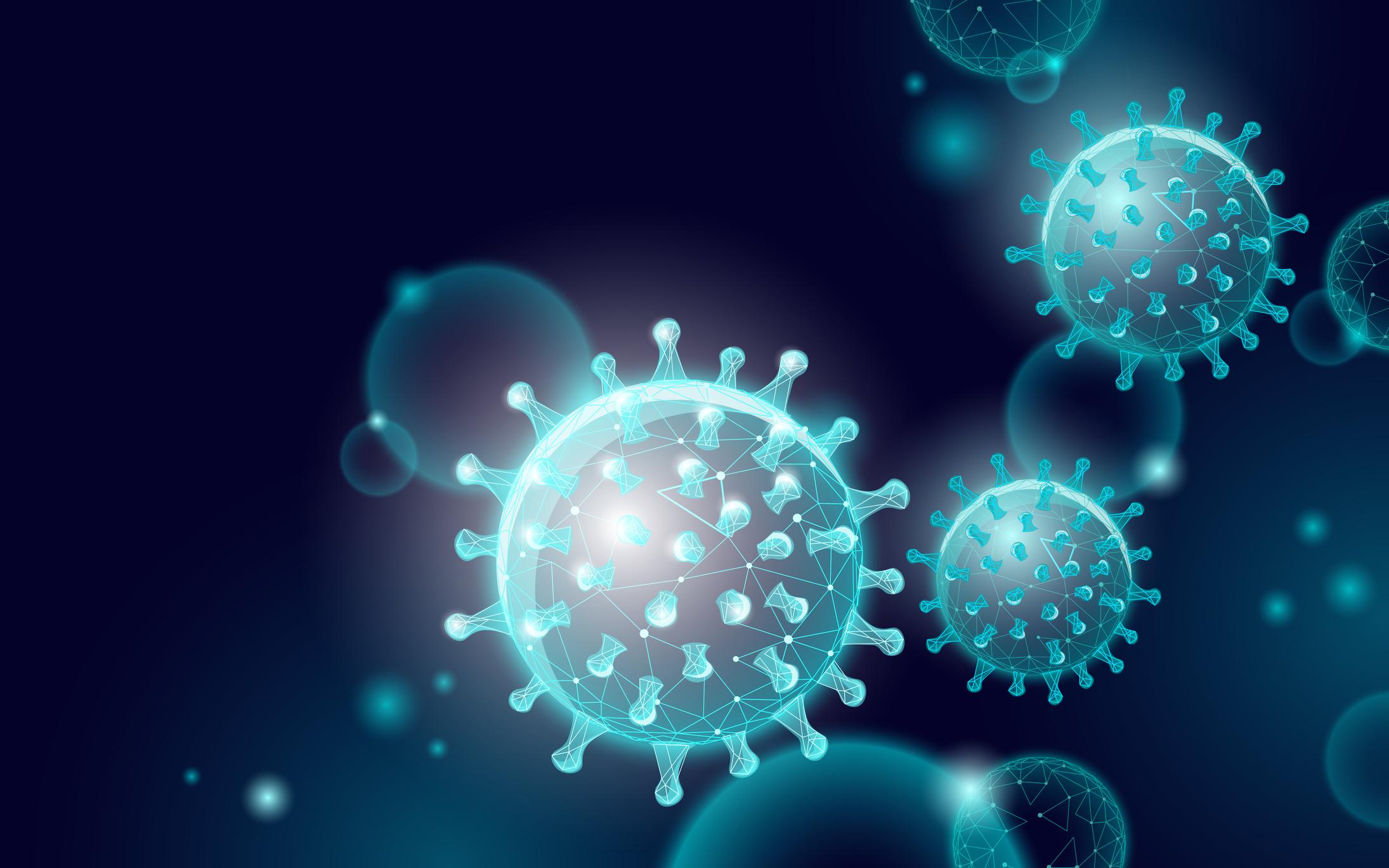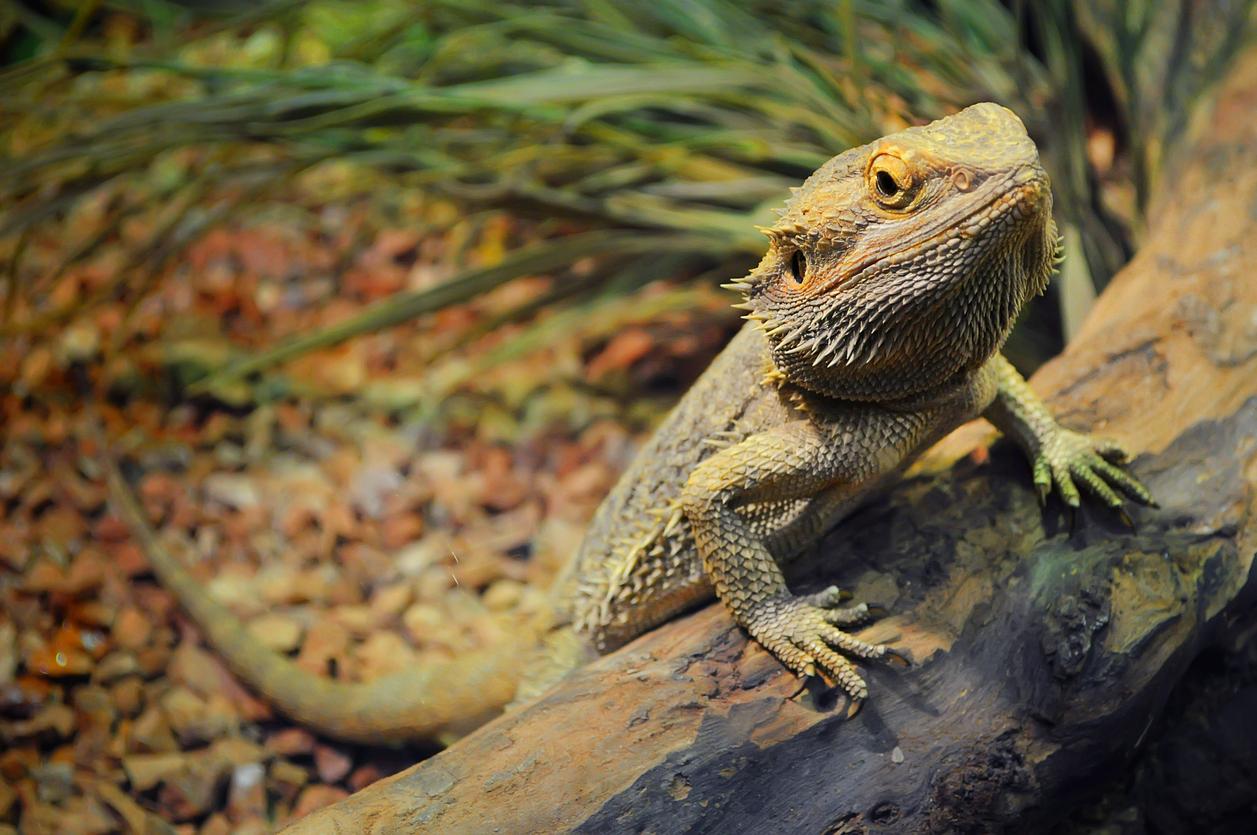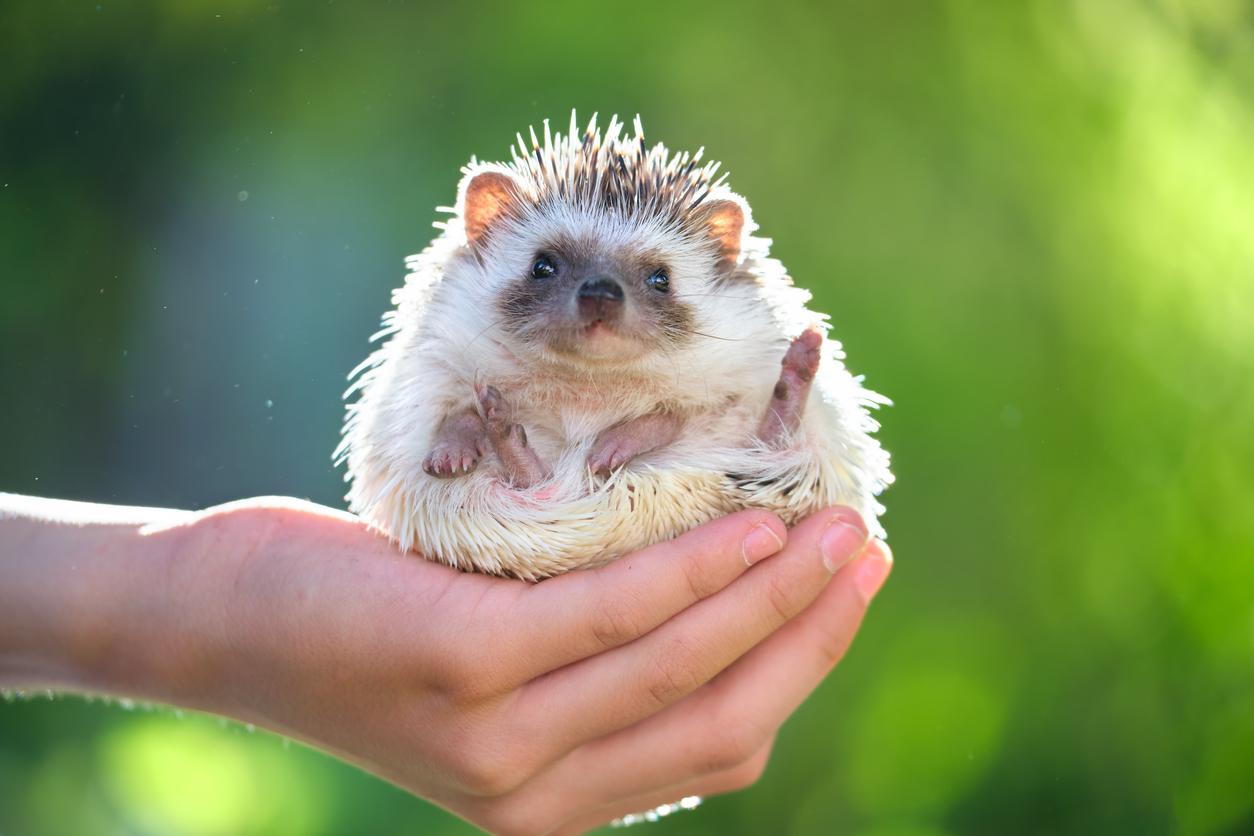My butcher says it with tears in his eyes: in the pig, All is well ! But this good man does not yet know that medicine will follow suit. Indeed, for years, doctors have fantasized about what are called “xenografts”, that is to say animal organ transplants in humans. Because the lack of grafts condemns to death a few dozen patients in our country every year. And contrary to what one might think, it is not the monkey which presents the most interesting organs, but the pig. However, several major obstacles remain to be overcome. Ethics first of all. Endowing man with animal organs poses a moral problem, especially at the time of the mad cow epidemic which cast strong suspicion on all manipulations inter-species. And all transplantation organs from an animal to a man presents the risk of revealing new human diseases in front of which one is always helpless. However, with the use of pork insulin or heart valves of the same origin, medicine has already largely taken the plunge. Technically remains a major difficulty: the rejection. Our body, which already does not like to receive a foreign organ even of its kind, is very angry at what it assimilates to a foreign body. See how, for example, a single thorn in a finger causes a kind of inflammatory shell around its periphery. Imagine this at the power of 1000 around an organ, and you will understand how one can hesitate, even with anti-rejection drugs.
The experience of cloning of the Dolly sheep paved the way for that of five little pigs in England in 2002. The researchers first succeeded in creating a breed devoid of the gene known to be responsible for the rejection. Then, thanks to cloning, they were able to multiply identical pigs, thus providing an inexhaustible source of transplantable organs. To claim victory, however, it is necessary to cross the stage of inter-species experimentation. This will soon be the case with organ transplants from pigs to monkeys. Research at Nantes University Hospital are going well: rather than graft organ of the pig, we insert its cells directly into the liver, the kidney of the monkey in the form of capsules. The results would be encouraging. But if science thinks it will be ready soon, there will remain one last rampart to cross and not the least: that of the legislator …
.







